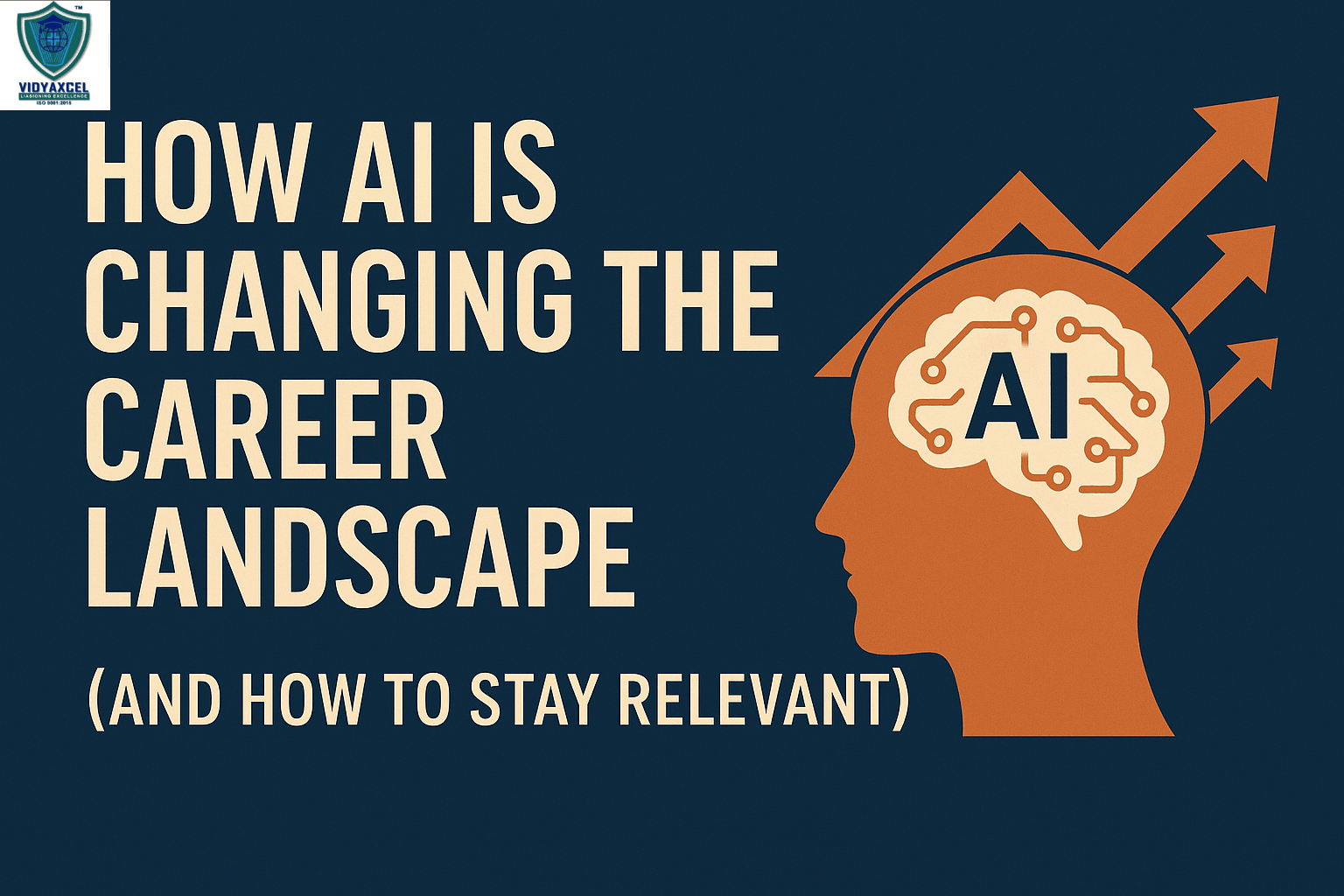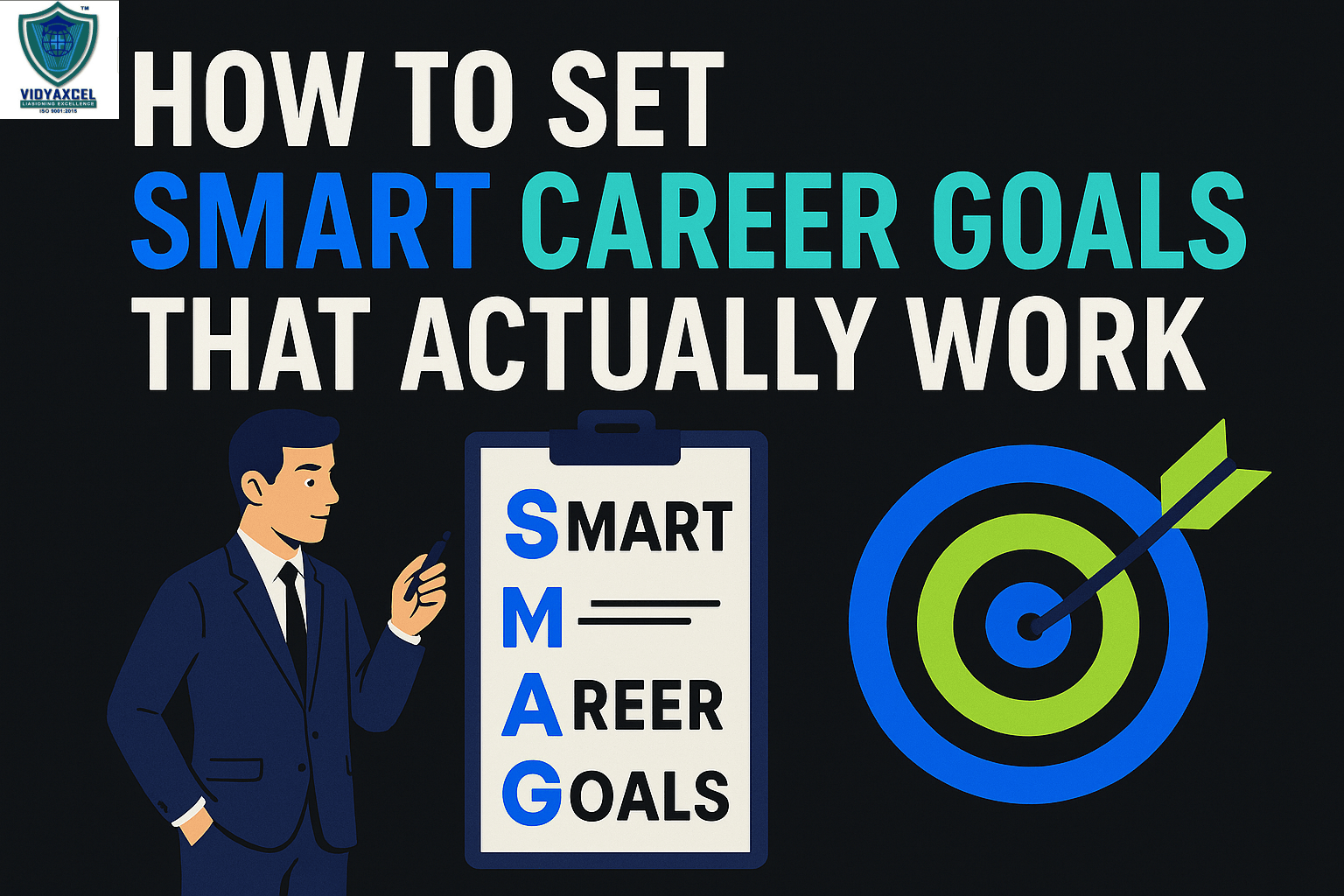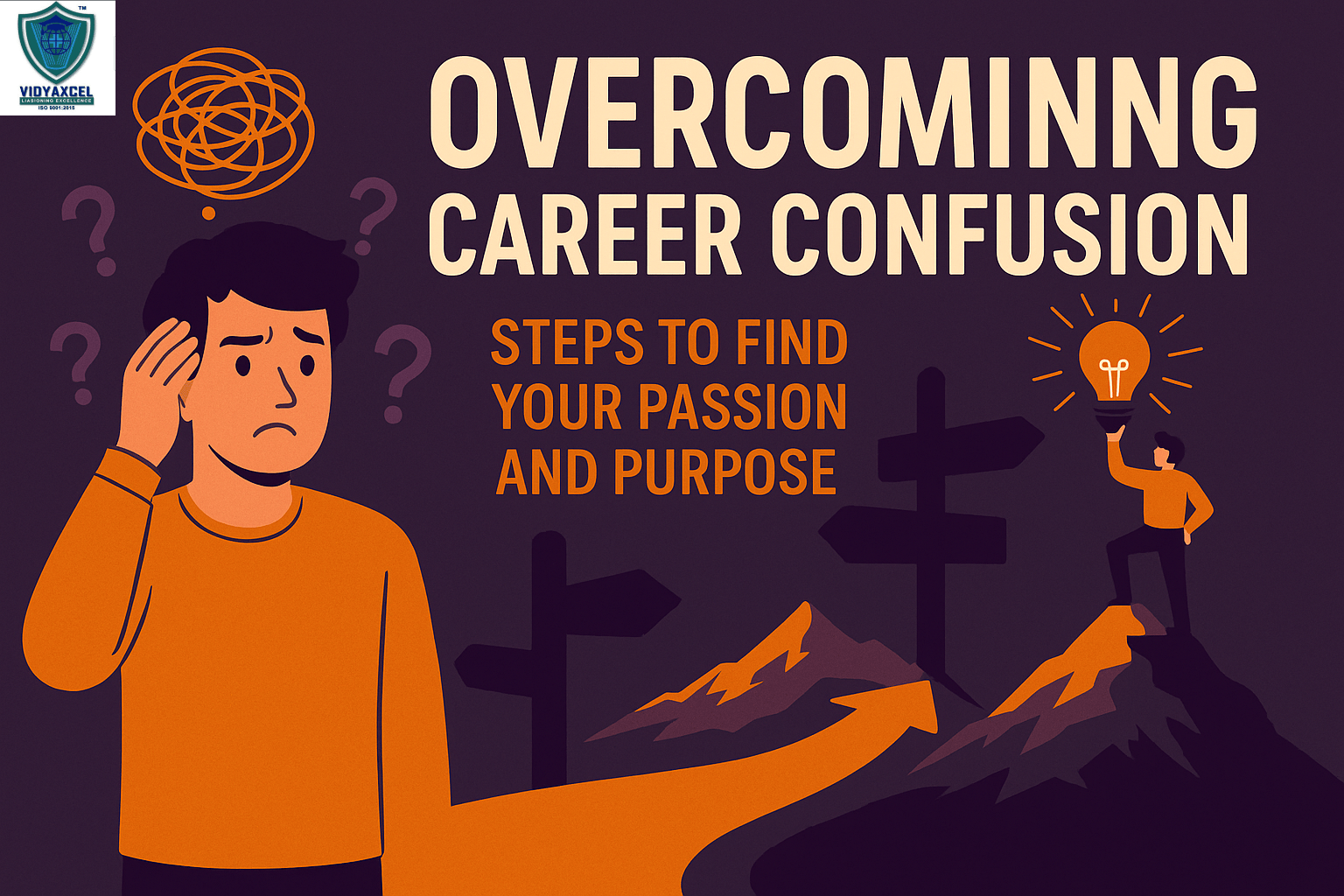Blog Details

06Jun
Top Skills Employers Want in 2025 (And How to Learn Them)
As we approach 2025, the landscape of work is evolving rapidly. Driven by technology, globalization, and a shift in work dynamics (remote and hybrid models, AI integration, etc.), the skills that employers seek have changed significantly. In this competitive and fast-changing world, having a degree is no longer enough. Employers are now on the lookout for a unique blend of hard and soft skills that go beyond academic performance.
In this article, we’ll break down the top skills that employers are expected to value most in 2025, explain why they matter, and show how students, recent graduates, and even professionals can start developing them today.
- Section 1: Why Skill Development Matters More Than Ever
A. The Rise of the Skills-First Economy
Today’s hiring trends show a move from qualification-based hiring to skills-based hiring. Companies like Google, IBM, and Apple prioritize skills and hands-on experience over formal degrees.
B. Impact of AI and Automation
Jobs are evolving. Some roles are becoming obsolete while new ones are being created. To remain relevant, you must continuously upskill and reskill.
C. Lifelong Learning Is the New Norm
Whether you're 20 or 40, your ability to adapt and learn new skills will define your success in the job market of 2025 and beyond.
- Section 2: Top Skills Employers Will Look for in 2025
1. Digital Literacy and Tech Savviness
What It Is:
Understanding how to use digital tools, platforms, and basic technologies relevant to your field.
Why It Matters:
Technology is integrated into every profession—from teaching and marketing to healthcare and logistics.
How to Learn:
- Take free courses on platforms like Coursera, edX, or LinkedIn Learning.
- Learn tools like Google Workspace, Microsoft Office, Zoom, and basic CMS (Content Management Systems).
- Explore your industry’s tech stack (e.g., Canva for marketers, MATLAB for engineers).
2. Data Literacy and Analytical Thinking
What It Is:
The ability to read, interpret, and use data to make informed decisions.
Why It Matters:
Data drives decisions. From startups to MNCs, organizations rely on data to improve performance and predict trends.
How to Learn:
- Learn Excel, SQL, Power BI, or Tableau.
- Take introductory courses in data analytics and visualization.
- Work on small projects (e.g., analysing your social media data).
3. Emotional Intelligence (EQ)
What It Is:
Understanding and managing your emotions and the emotions of others.
Why It Matters:
Strong EQ leads to better teamwork, leadership, communication, and conflict resolution—critical in hybrid or remote teams.
How to Learn:
- Practice active listening and empathy in daily interactions.
- Read books like Emotional Intelligence 2.0 or Dare to Lead.
- Get feedback from peers, mentors, or coaches.
4. Critical Thinking and Problem Solving
What It Is:
Analysing problems logically and creatively to find effective solutions.
Why It Matters:
Automation can’t solve everything. Employers need humans who can think deeply, ask the right questions, and adapt to complex scenarios.
How to Learn:
- Participate in debates, case study competitions, and hackathons.
- Use tools like mind-mapping and SWOT analysis for projects.
- Take online courses in decision-making and strategic thinking.
5. Adaptability and Resilience
What It Is:
The ability to remain productive, positive, and focused during change, uncertainty, or setbacks.
Why It Matters:
Post-pandemic, the world has seen disruptions like never before. Employers value people who can pivot and stay steady.
How to Learn:
- Take up unfamiliar projects or volunteer in new roles.
- Build daily habits around reflection, mindfulness, and stress management.
- Study stories of people who’ve overcome adversity.
6. Creativity and Innovation
What It Is:
The ability to generate original ideas and turn them into real-world solutions.
Why It Matters:
Businesses thrive on innovation. Whether it’s marketing, product design, or customer service—fresh ideas are always in demand.
How to Learn:
- Use tools like design thinking and brainstorming techniques.
- Try creative hobbies like writing, sketching, or coding.
- Take courses in creative problem solving or design innovation.
7. Leadership and People Management
What It Is:
Guiding individuals or teams to achieve goals while fostering a positive and productive environment.
Why It Matters:
Leadership isn’t limited to management roles. Employers want proactive professionals who can influence and inspire.
How to Learn:
- Lead a campus club, project, or community initiative.
- Read leadership books or listen to leadership podcasts.
- Observe great leaders and reflect on their styles.
8. Collaboration and Teamwork
What It Is:
Working effectively with others, across functions and backgrounds, to achieve shared goals.
Why It Matters:
Remote and cross-cultural teams are the norm. Collaboration fuels innovation, faster delivery, and better results.
How to Learn:
- Join group projects, co-author articles, or co-organize events.
- Use tools like Slack, Trello, and Google Docs.
- Participate in collaborative online games or simulations.
9. Communication Skills (Verbal and Written)
What It Is:
The ability to express ideas clearly, confidently, and appropriately through speech or writing.
Why It Matters:
Strong communicators are better at negotiating, leading, selling ideas, and building trust—essential in every role.
How to Learn:
- Join public speaking groups like Toastmasters.
- Start a blog or YouTube channel.
- Take writing courses focused on business communication or storytelling.
10. Ethical Judgment and Integrity
What It Is:
Making decisions that are honest, fair, and responsible—even when no one is watching.
Why It Matters:
Ethical dilemmas are common in the digital age. Employers want people who can be trusted with sensitive data, decisions, and customer relationships.
How to Learn:
- Study real-life ethical case studies in business or politics.
- Reflect on your values and what matters most to you.
- Participate in discussions around ethics and social responsibility.
11. Cultural Intelligence and Diversity Awareness
What It Is:
The ability to work well in diverse cultural, social, and global contexts.
Why It Matters:
Global teams and markets require sensitivity and respect for different perspectives and traditions.
How to Learn:
- Join international forums or student exchange programs.
- Study different cultures through documentaries, books, and podcasts.
- Learn a new language or celebrate multicultural events.
12. Digital Marketing and Personal Branding
What It Is:
Promoting yourself and your work in the digital world using storytelling, design, and strategic communication.
Why It Matters:
Today, you are your own brand. Employers often review LinkedIn profiles, blogs, or portfolios before interviews.
How to Learn:
- Build and optimize your LinkedIn profile.
- Learn SEO, social media, email marketing, and content creation.
- Start building your brand through reels, blogs, or newsletters.
Section 3: How to Develop These Skills—Step-by-Step Guide
A. Leverage Online Platforms
|
Platform |
Best For |
|
Coursera |
Data, Business, Tech, Soft Skills |
|
LinkedIn Learning |
Leadership, Management, Design |
|
Udemy |
Digital Tools, Coding, Marketing |
|
edX |
Academic Courses from Top Universities |
|
Skill share |
Creativity, Productivity, Communication |
B. Use Real-World Practice
- Internships and part-time jobs
- Volunteer for NGOs or startups
- Join student organizations or clubs
- Run small freelance or personal projects
C. Reflect and Improve
Maintain a journal of your growth journey
Ask for regular feedback from mentors
Track your progress with checklists or apps
- Section 4: Tips for Students and Early Career Professionals
1. Start Small, But Start Now
Don’t wait for the “perfect time.” Pick one or two skills and begin your journey with small steps.
2. Combine Skills for Better Impact
Pair hard and soft skills. For example: Data Analytics + Storytelling = Strong insights presentation.
3. Apply What You Learn
Theory without practice won’t work. Use your knowledge in college projects, personal experiments, or side hustles.
4. Learn from Mentors and Role Models
Connect with people who have the skills you want. Ask questions, observe, and learn from their journey.
5. Keep Learning—Even After You’re Hired
The job market will continue to evolve. Embrace continuous learning as a lifestyle, not just a goal.
- Section 5: What Employers Will Expect from Candidates in 2025
Portfolio of projects and skills instead of just a resume
Agility in learning and adapting to new tools and roles
Ability to collaborate across time zones and cultures
Growth mindset and willingness to evolve with the company
Well-rounded personalities with both technical and people skills
Conclusion
The future belongs to those who are prepared—not just with degrees, but with relevant, real-world skills. In 2025 and beyond, employers will seek individuals who can learn fast, think critically, lead with empathy, and adapt to a world in constant motion.
Don’t wait until graduation to start building your skillset. Start today. Choose one skill, take the first course, find a mentor, work on a project—take that first step. Your future self (and your future employer) will thank you.
FAQ’s
1. What are the top 3 most important skills in 2025?
The top 3 are likely to be adaptability, digital literacy, and emotional intelligence—skills that are valuable across industries and roles.
2. How can I develop these skills while still in college?
Use free online platforms, engage in student projects, do internships, and participate in clubs or volunteer work.
3. Will AI replace most jobs by 2025?
AI will automate some tasks, but it will also create new jobs. Human-centric skills like creativity, communication, and leadership will remain in demand.
4. How can I showcase my skills to employers?
Build a strong LinkedIn profile, create a portfolio, participate in relevant competitions, and highlight your experiences in resumes and interviews.
5. Are soft skills more important than technical skills?
Both are important. Soft skills make you adaptable and easy to work with, while technical skills qualify you for specific roles.
Our Office: West Bengal, Maharashtra & Delhi.
For More Infomation about admission in Medical, Engineering, Management & Study in Overseas Details.
View Current Study Overseas, Medical, Engineering & Management Admission Details Video.




